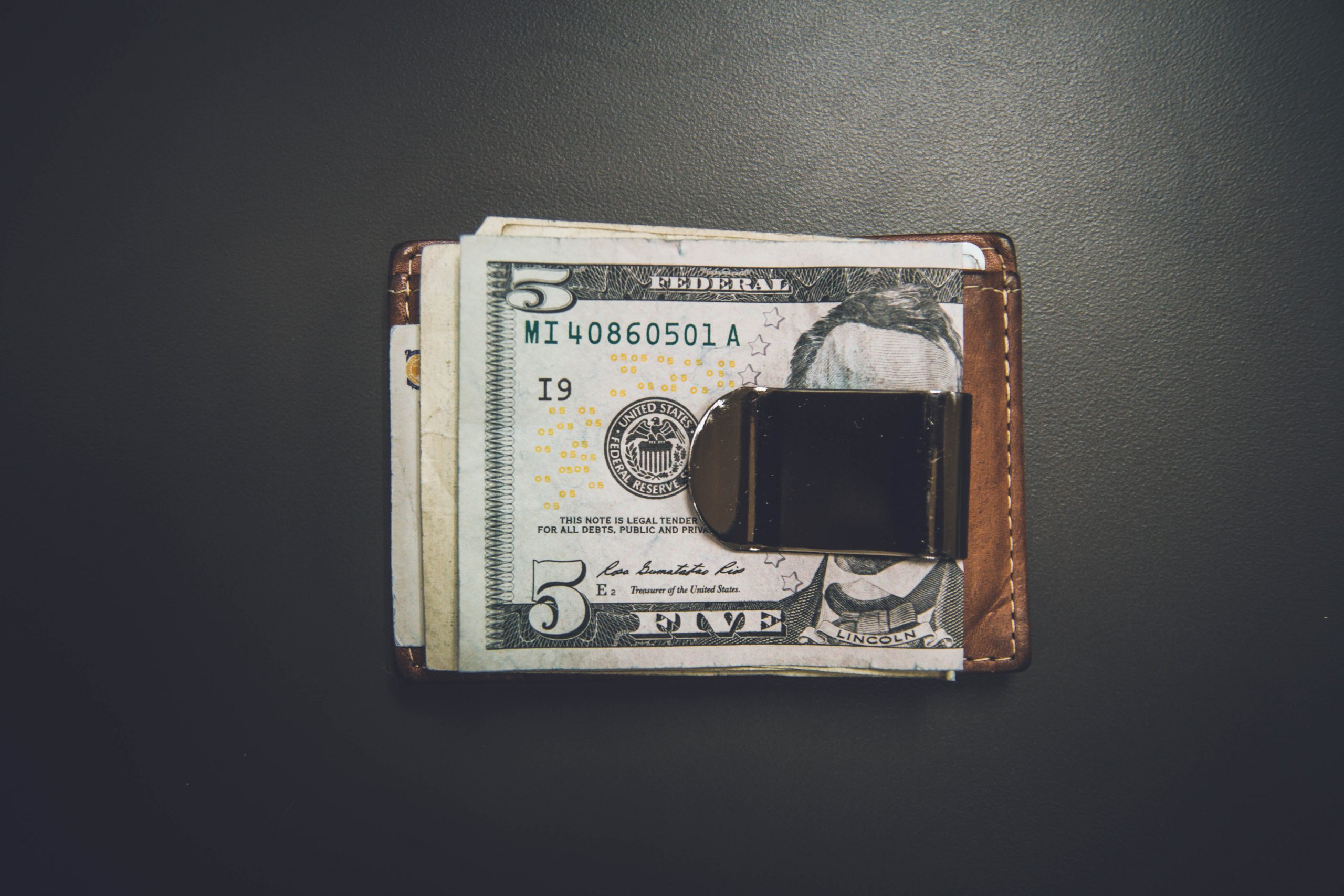Inequality is one of those topics that is sure to spark quick and intense debate, wherever and whenever it is raised. In any such discussion, however, facts matter. That’s one reason why my attention was recently drawn to an article published in early December at Real Clear Markets, titled “Inequality Is Decidedly Not the Problem In the U.S.” The author, Aaron Brown, writes:
There is a simple theory of inequality in which rich people have nearly all the wealth and income, and do nearly all the spending, while poor people struggle along with the minimum of those things necessary for survival. It’s understandable that some people think this way. In many places in the world today, and for most complex societies in human history, the picture is accurate. Moreover, the rich elite usually hoards most of the economic opportunity, civil freedoms, political power, legal status and other good things for itself and its children.
But in the U.S. today, things are more complicated. Some people have wealth, others have income and still others do the spending. These things overlap but are not identical. Wealth, income and consumption also overlap with political influence, legal favoritism, social prestige and other non-monetary assets, but the correlation with money is far from perfect.
This matters because if inequality is the problem, redistribution is the solution. The problems of the poor are caused by the hoarding of the rich. But if there are many different types of needy people due to different problems, redistribution based on wealth, income or consumption may end up taking from the needy and giving to the comfortable—doing considerable damage to civil rights, economic incentives and social trust along the way—and never addressing the root problems.
The whole article repays careful reading for those genuinely interested in thinking about what is (and isn’t) inequality, when it matters (and when it doesn’t matter) economically, as well as learning some of the more salient facts about inequality in America. Yes, inequality is much more complicated than we realize and many of the perceived solutions turn out to exacerbate the problems.
